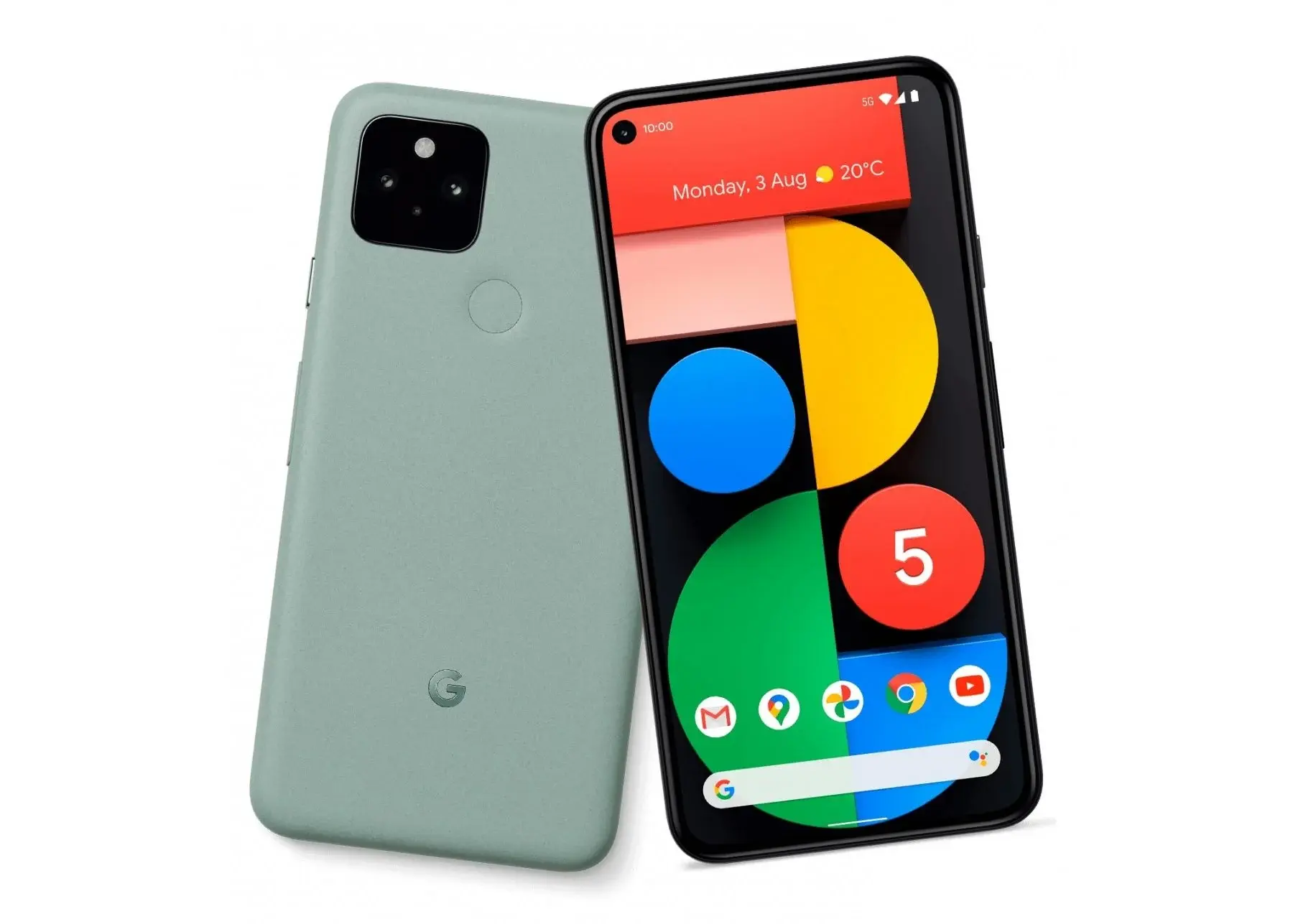Google seems to be already developing the Pixel 11a model, even though the Pixel 9a and Pixel 10a are not set for release anytime soon. The codename for this new budget Pixel phone has recently been disclosed. Here’s all the info you need.
Google Pixel 11a’s Codename Shows It’s in Progress
As reported by AndroidHeadlines, the Pixel 11a will continue the bear-themed codenames used for earlier models. The device has been seen with the Formosan codename. To jog your memory, the Pixel 11 is likely called Cubs internally, while the Pixel 11 Pro goes by Grizzly, and the Pixel 11 Pro XL is known as Kodiak. The Pixel 11a is expected to be released after the Pixel 11 series, which means we might see it in 2027.
Details on Google Pixel 9a and Its Renders
For those who might not know, the Formosan refers to the Formosan Black Bear, an animal that’s native to Taiwan. In previous reports, it was suggested that the Pixel 11a, along with the Pixel Tablet 3, will not have the same Tensor chipset as the flagship models, which has been a trend up to now. This indicates that it will come with a less powerful Tensor SoC and reduced AI capabilities.
Current Status of Pixel 11a’s Specs and Design
Sadly, the Pixel 11a is still quite far from hitting the market, so specific details like its specifications, design, and other features are not yet available. It is quite unusual that information about the Pixel 11a has emerged before the yet-to-be-released Pixel 9a and Pixel 10a. This is the extent of what we know right now, so stay tuned for more updates.



